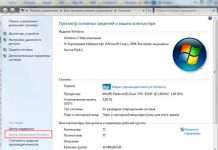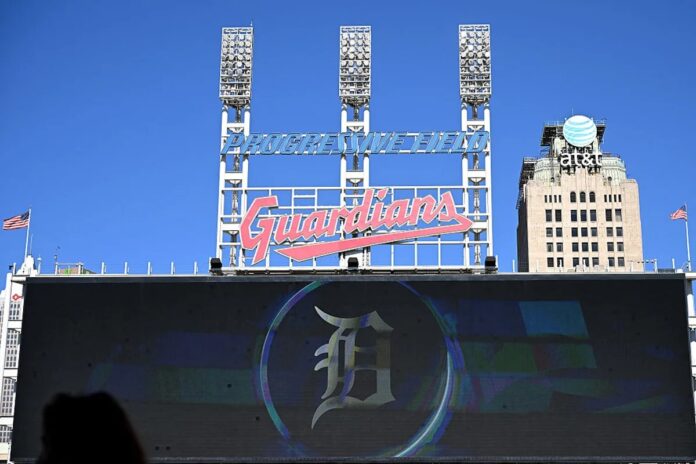Ohio Governor Mike DeWine and the state’s Casino Control Commission will not pursue additional regulation of sports betting, citing satisfaction with recent restrictions imposed by Major League Baseball (MLB) on prop bets. The decision comes after a scandal involving Cleveland Guardians players Luis Ortiz and Emmanuel Clase, who were charged with conspiracy related to a gambling scheme that allegedly involved manipulating pitch outcomes.
MLB’s New Restrictions: A Response to Integrity Concerns
MLB announced Monday that authorized sportsbook partners – including FanDuel, DraftKings, BetMGM, Fanatics, and Bet365 – will cap individual prop bets at $200, while excluding such bets from parlays. These prop bets focus on granular game events, such as pitch speed or strike calls, which MLB has identified as posing “heightened integrity risks.” The league argues that these micro-bet markets are vulnerable to manipulation because they depend on single-player actions and have minimal impact on game outcomes.
The move aims to reduce the incentive for misconduct by limiting potential payouts. MLB stated that the bet limit and parlay ban will make it harder to circumvent the restrictions.
Ohio’s Initial Skepticism and Subsequent Shift
Governor DeWine had previously criticized prop betting as a “failed experiment” following the allegations against Ortiz and Clase. However, the governor softened his stance after MLB announced the new measures. DeWine commended MLB Commissioner Rob Manfred for “taking affirmative steps to protect the integrity of the game and reduce the incentives to participate in improper betting schemes.”
Regulatory Pause: Why Ohio Won’t Act Further (For Now)
The Ohio Casino Control Commission echoed this sentiment, stating that imposing additional state-level regulations could jeopardize the progress already made. The Commission reserves the right to re-evaluate if future circumstances warrant intervention.
The decision underscores a growing concern among regulators about the integrity of niche sports betting markets. The granular nature of prop bets, combined with high payouts, makes them attractive targets for manipulation. MLB’s response, while self-imposed, has satisfied Ohio officials, at least for the time being.
The situation highlights a broader trend: sports leagues taking proactive steps to address betting-related risks rather than relying solely on state-level oversight. By limiting payouts and restricting parlay options, MLB has effectively reduced the financial incentive for players to engage in misconduct. This approach, if replicated by other leagues, could mitigate the integrity concerns that have plagued the rapidly expanding sports betting industry



















































